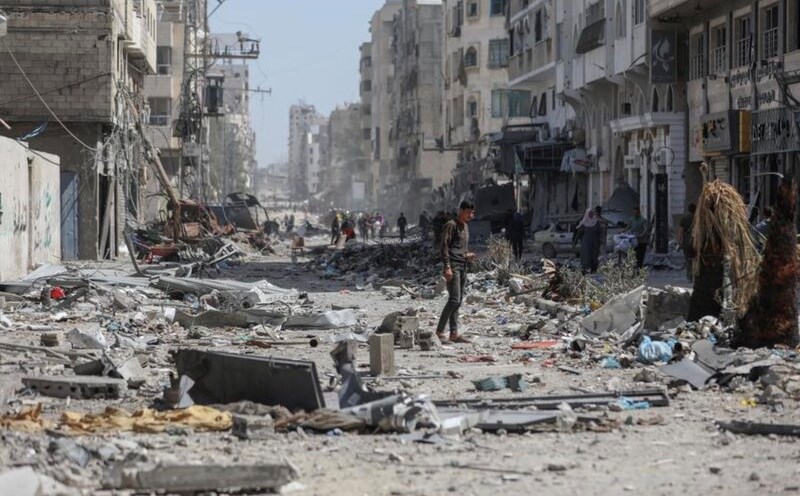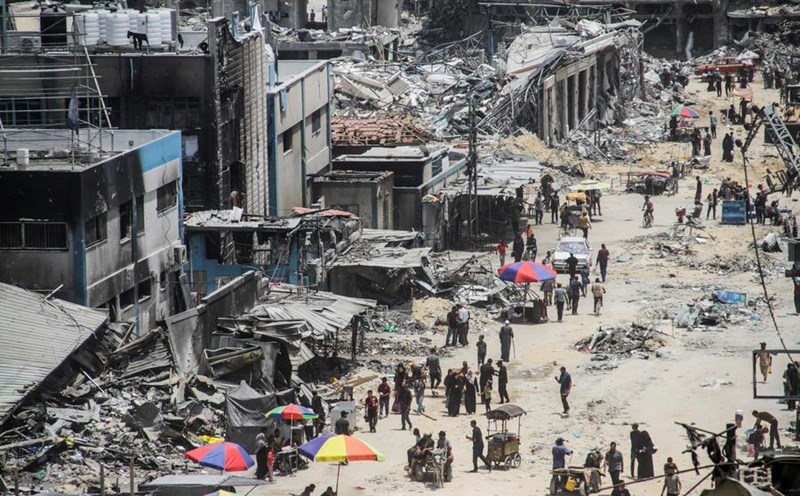On August 22, the Integrated Food Security Classification System (IPC) said that Gaza city and neighboring areas have officially fallen into hunger.
About 514,000 people, equivalent to nearly a quarter of Gaza's population, are starving, the number is expected to increase to 641,000 by the end of September. Of these, about 280,000 people in the Gaza area are identified as suffering from severe hunger after nearly two years of conflict between Israel and Hamas.
This is the first time the IPC has recorded hunger outside of Africa. The organization warned that hunger will spread to central and southern areas such as Deir al-Balah and Khan Younis.
Mr. Tom Fletcher, Head of the United Nations Humanitarian Organization, commented: "This is a hunger that could have been prevented if the aid had not been obstructed by Israel". In contrast, Israeli Prime Minister Benjamin Netanyahu, calling the report different and untrue, asserting that Israel is not pursuing a hunger policy and has allowed 2 million tons of aid into Gaza.
Meanwhile, UN Secretary-General Antonio Guterres called the hunger in Gaza a man-made disaster, a failure of humanity. UN Human Rights Commissioner Volker Turk warned that hunger deaths could constitute war crimes.
The US government acknowledged that many Gazans are starving but accused Hamas of inflating the story of mass hunger to put political pressure on Israel. The US State Department spokeswoman stressed that Washington focuses on ensuring aid reaches civilians.
IPC's report caused a strong reaction from international public opinion. He called it a horror, demanding that Israel immediately open an unrestricted aid corridor. Canada, Australia and many European countries believe that the humanitarian crisis in Gaza has exceeded expectations.











